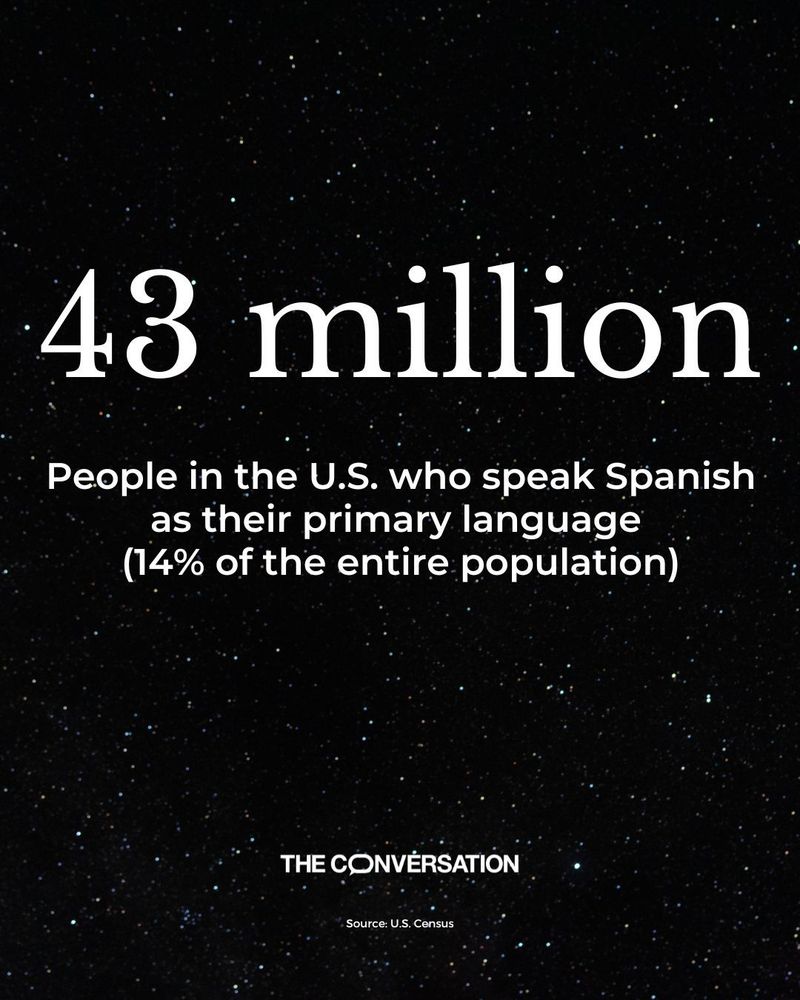Reposted by: Lorenzo Álvarez‐Filip
go.nature.com/3VjkuWL

Reposted by: Lorenzo Álvarez‐Filip, Graeme S. Cumming, Gareth J. Williams

Reposted by: Lorenzo Álvarez‐Filip

Reposted by: Lorenzo Álvarez‐Filip
buff.ly/nNuQFG7

by Terry P. Hughes — Reposted by: Lorenzo Álvarez‐Filip
Published today in Science:
“The pace of new interventions is outstripping the capacity to prevent unintended consequences - because governance systems are not yet in place.”
Stop the cowboys before they do even more damage!
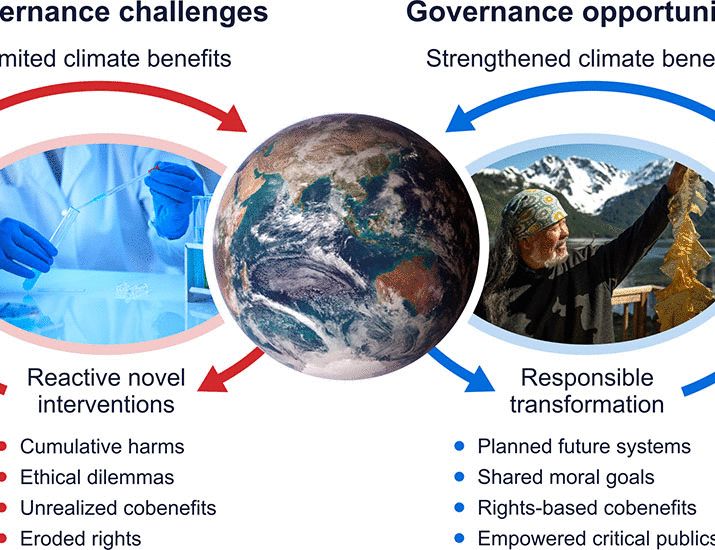
Reposted by: Lorenzo Álvarez‐Filip
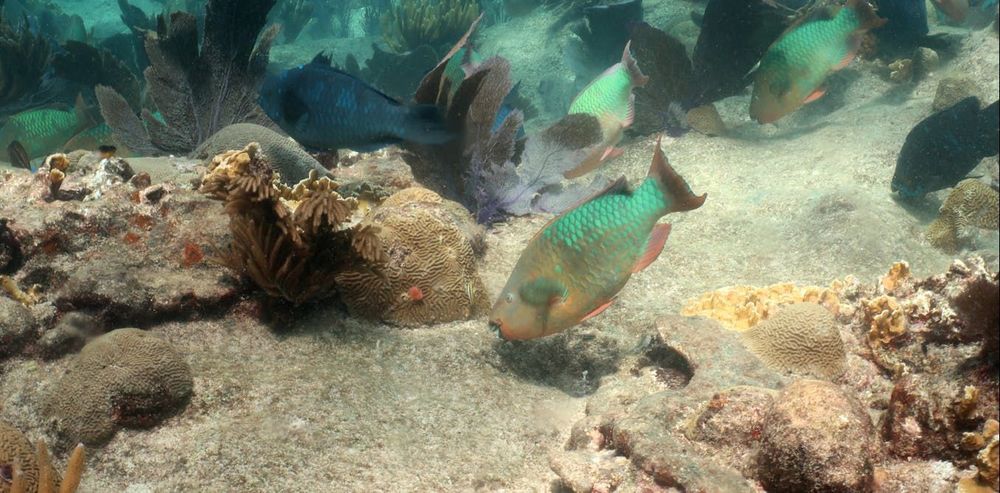
Reposted by: Lorenzo Álvarez‐Filip
The findings provide insights into the region-specific drivers of these events, linking them to broader changes in the planet’s climate system. scim.ag/4lOzfwm

Reposted by: Lorenzo Álvarez‐Filip
cns.utexas.edu/news/researc...
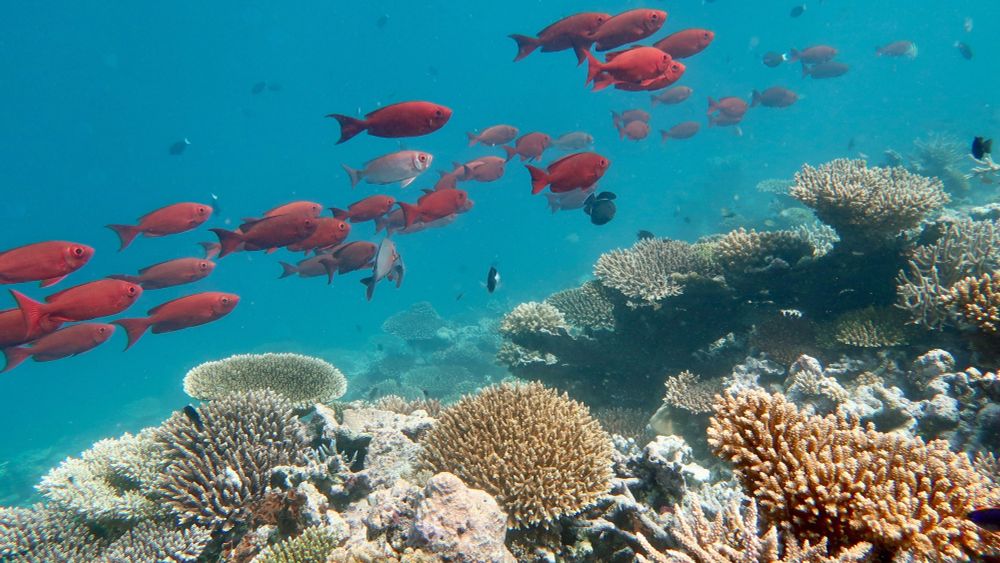
Reposted by: Lorenzo Álvarez‐Filip, Halley E. Froehlich
Turns out that 2/3 of these assertions are very wrong...
🌐
🦑🧪
🧵⬇️
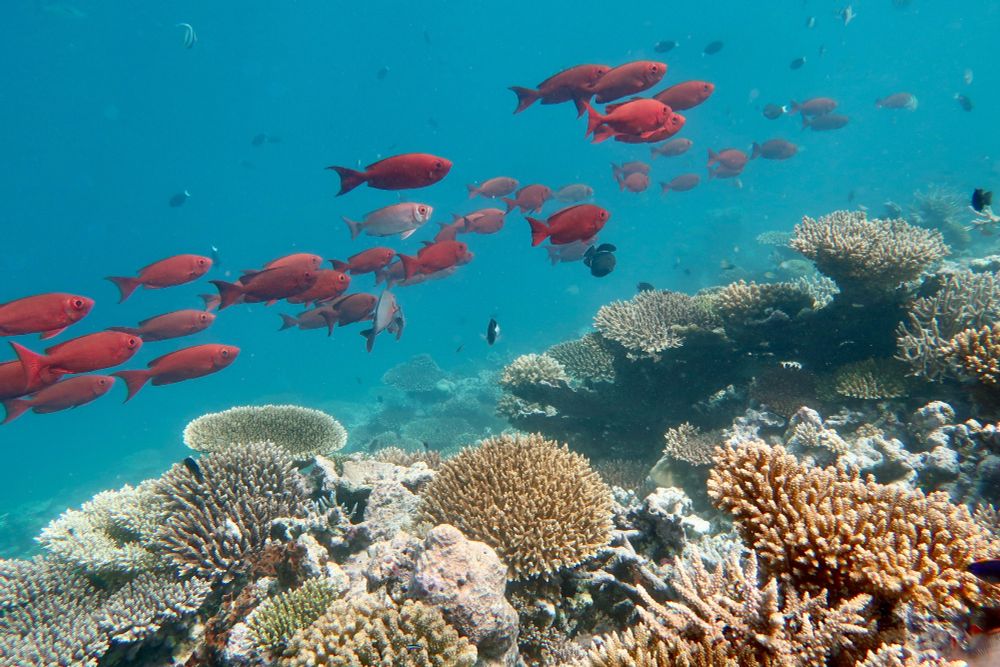
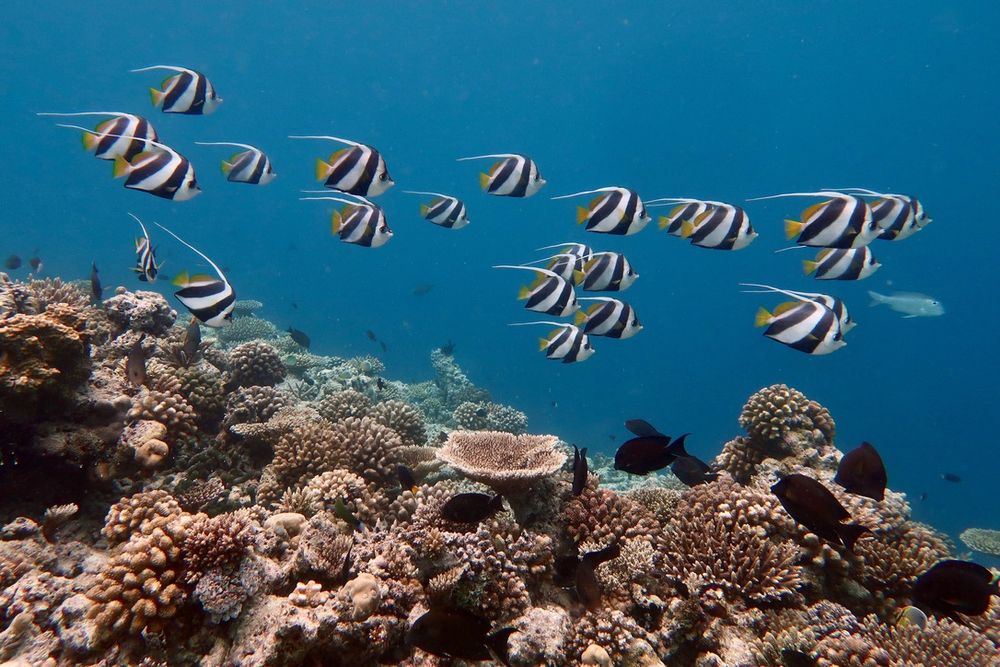
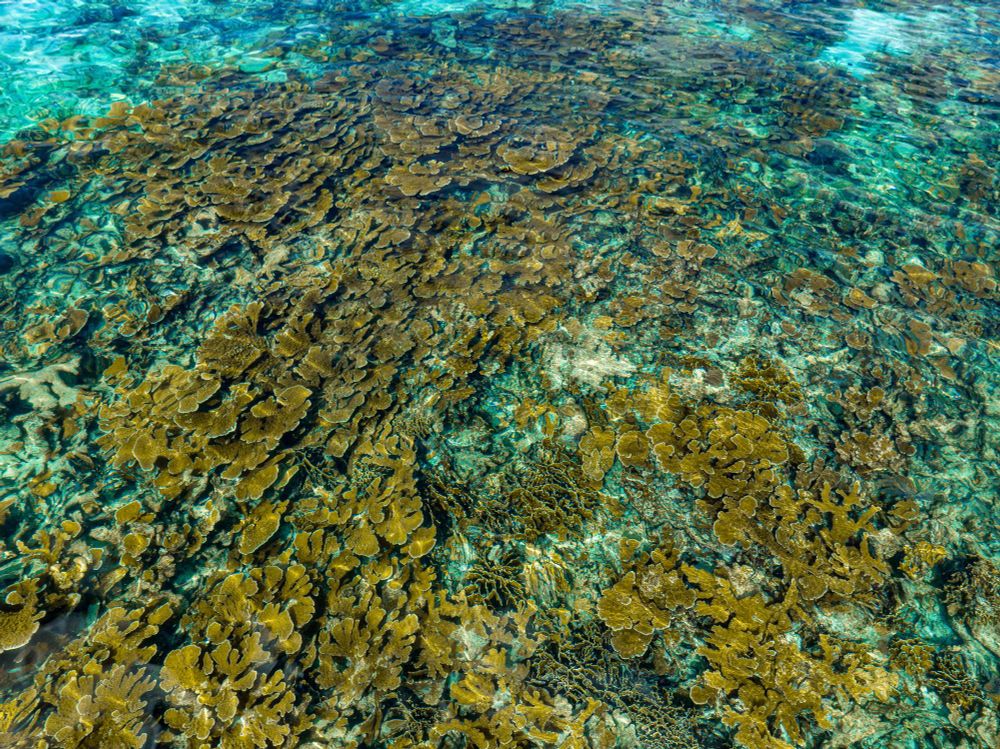
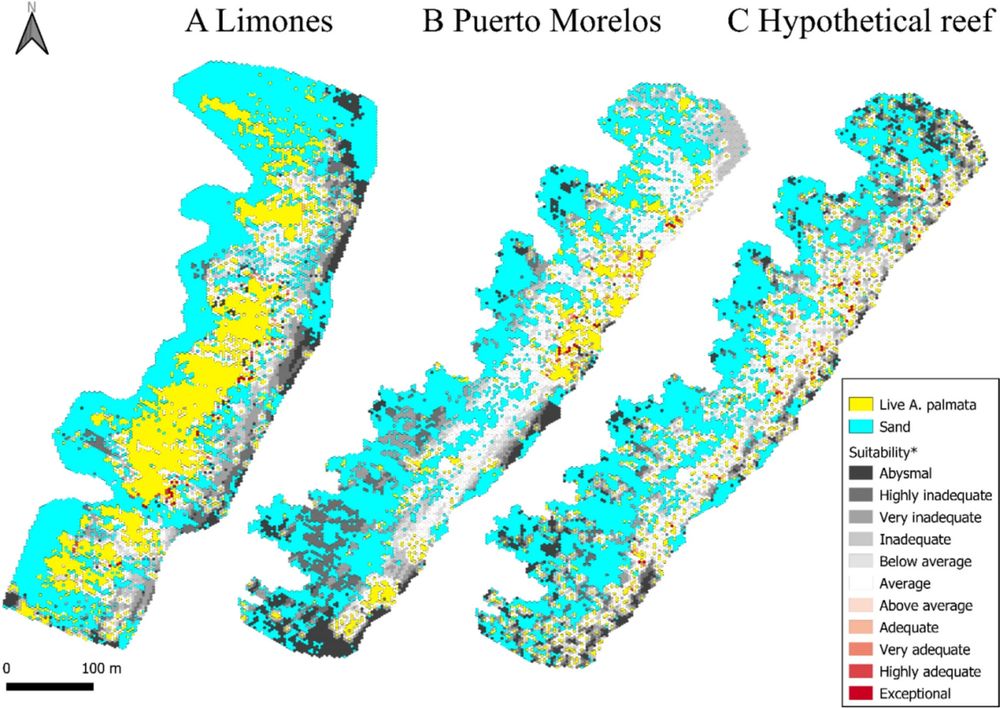
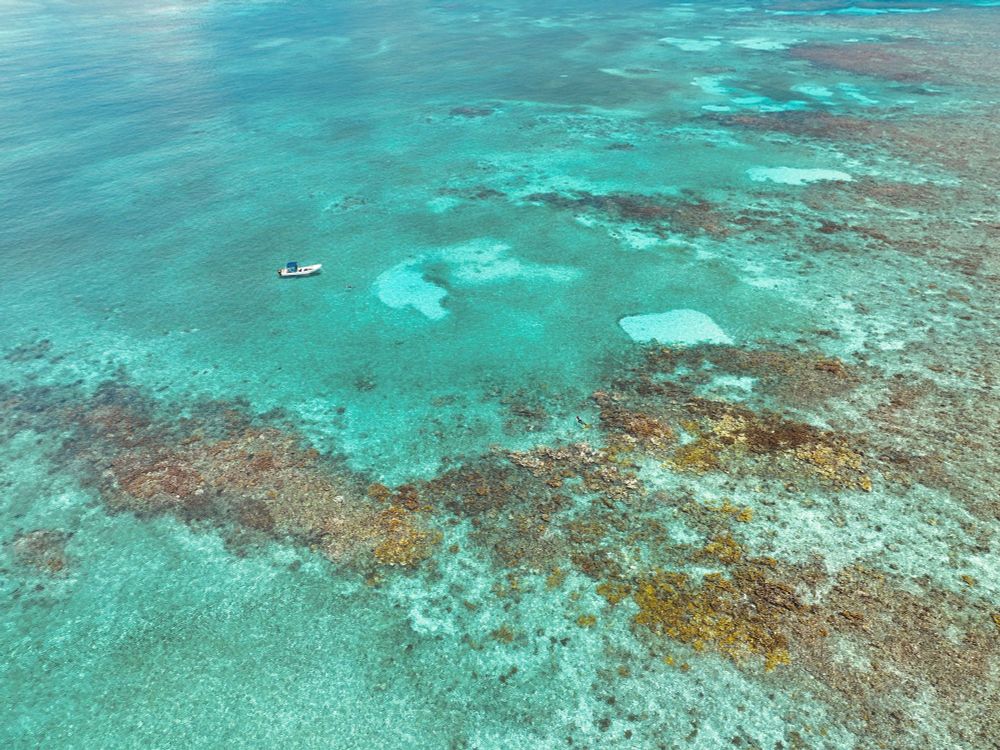
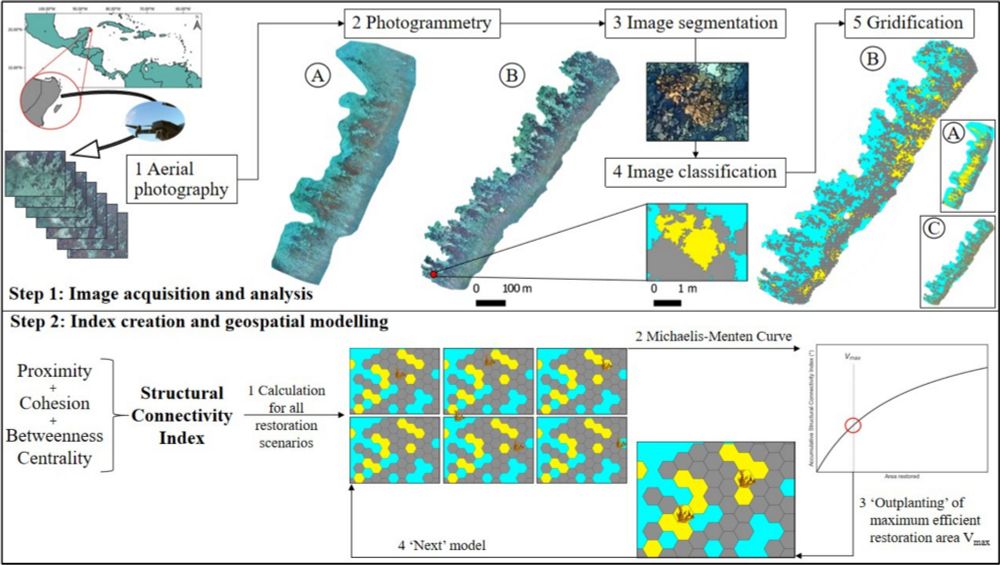
by David L. Roberts — Reposted by: Lorenzo Álvarez‐Filip
www.bbc.com/news/article...

Reposted by: Lorenzo Álvarez‐Filip
16th International Coral Reef Symposium, 19–24th July 2026, Auckland, Aotearoa New Zealand.
Session proposal deadline: Sunday 15th June 2025.
Details and submission link at www.icrs2026.nz/call-for-ses...
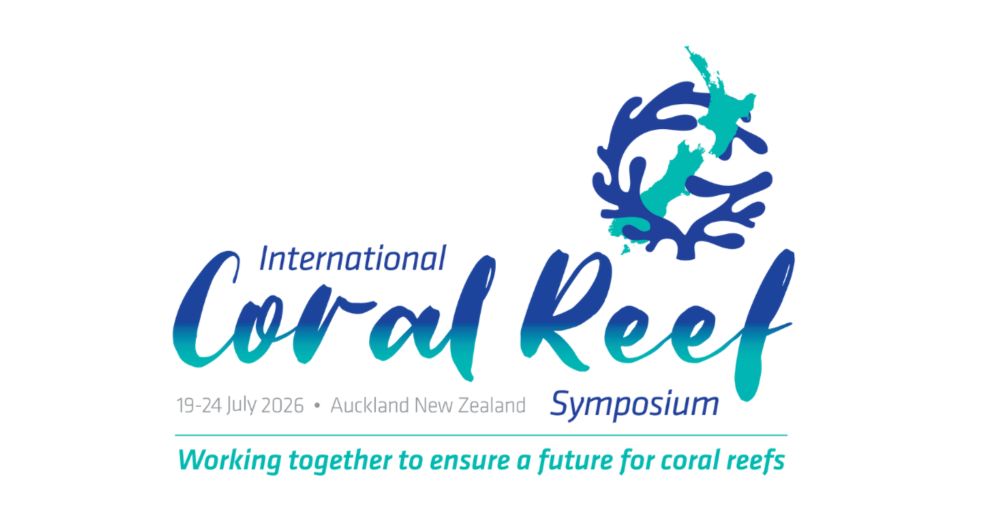
by Ken Caldeira — Reposted by: Lorenzo Álvarez‐Filip
science.feedback.org/review/84-of...
We need more contextualizing of clickbait stories.
Often, as in this case, there is an important, albeit nuanced, story not easily summarized in a catchy headline.
@sciencefeedback.bsky.social
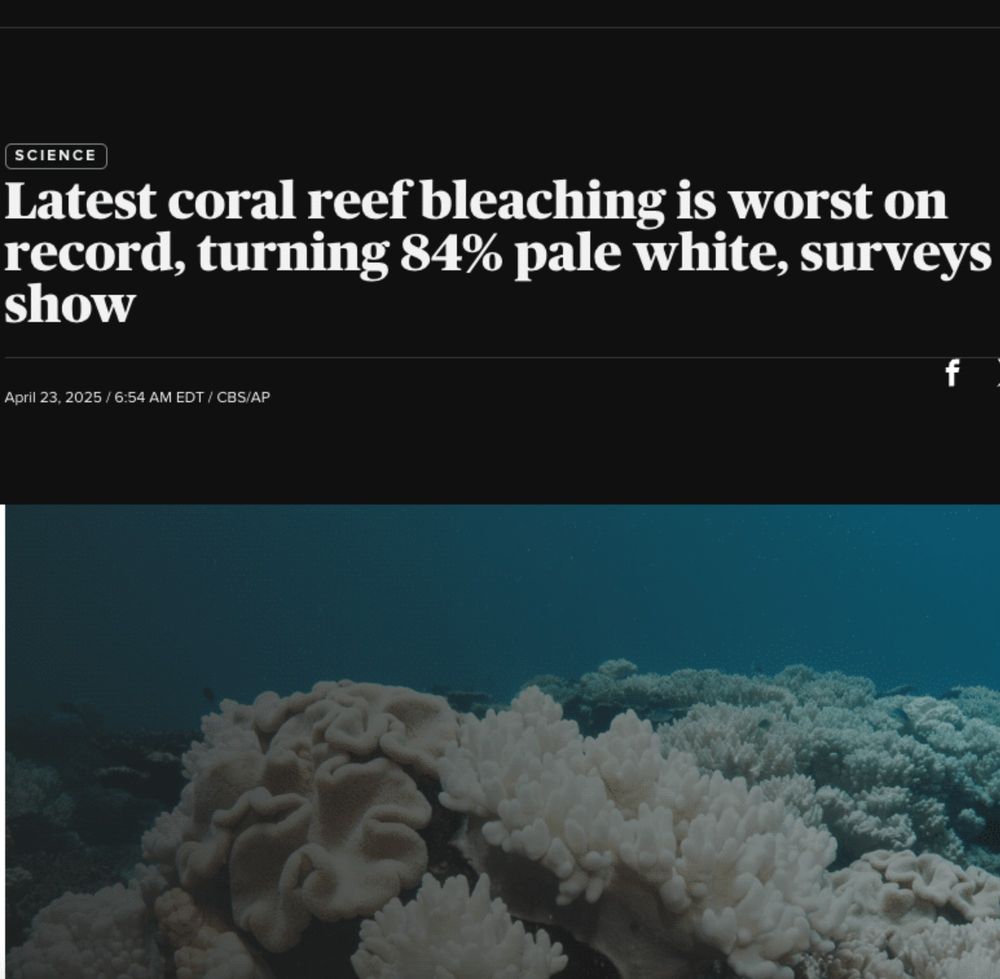
Reposted by: Lorenzo Álvarez‐Filip
Read more from @readfearn.bsky.social in @theguardian.com:
www.theguardian.com/environment/... 🌍🧪
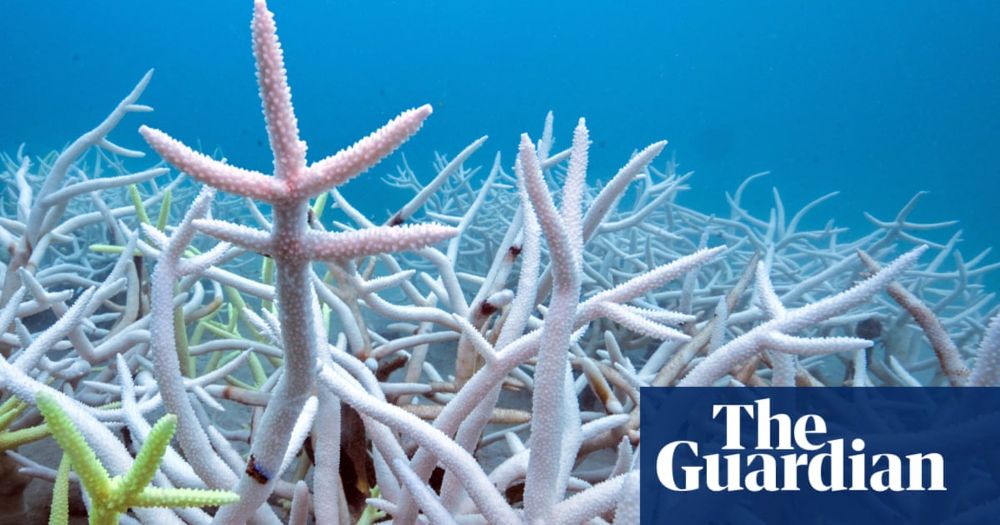
by Terry P. Hughes — Reposted by: Lorenzo Álvarez‐Filip
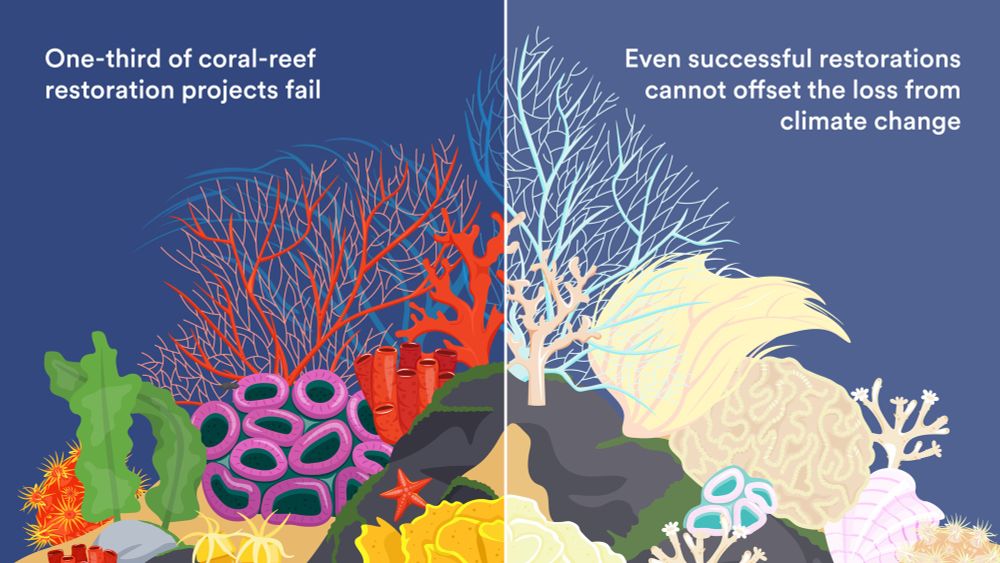
Reposted by: Lorenzo Álvarez‐Filip
www.theguardian.com/environment/...
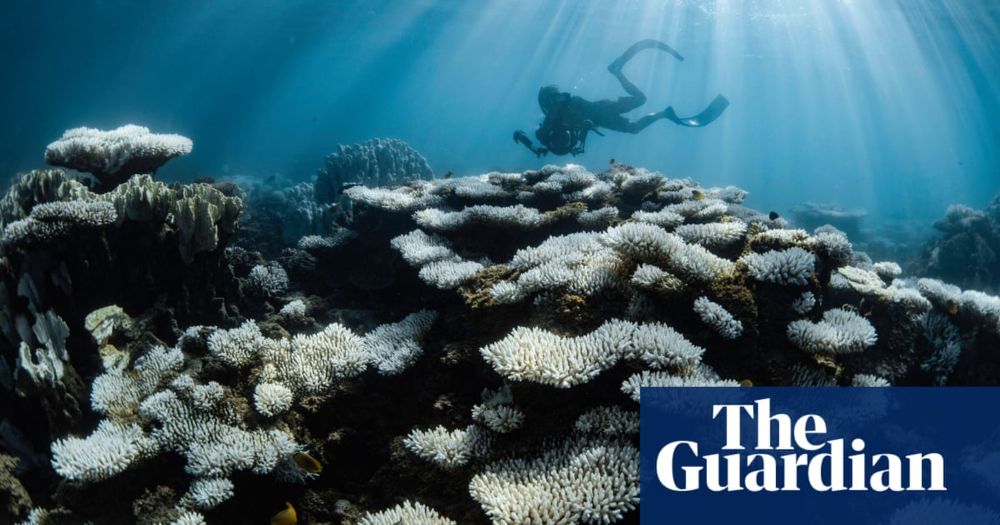
Reposted by: Lorenzo Álvarez‐Filip
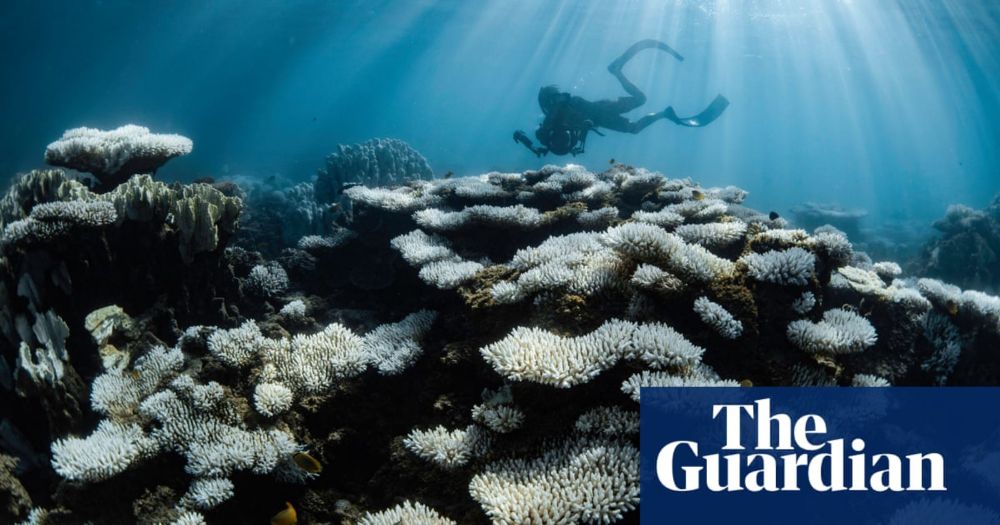
Reposted by: Lorenzo Álvarez‐Filip
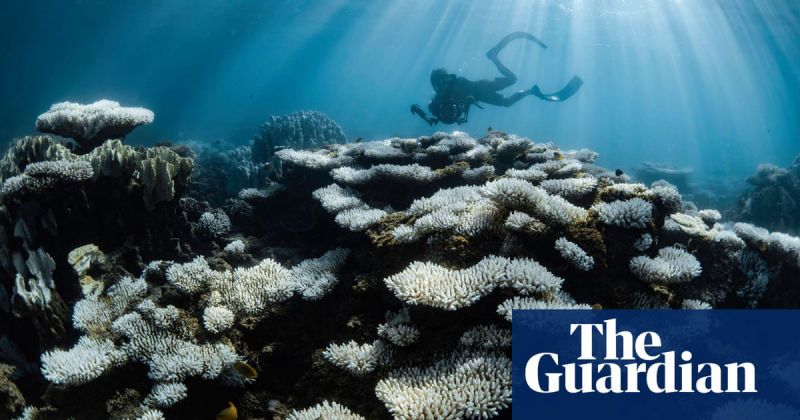
by Terry P. Hughes — Reposted by: Lorenzo Álvarez‐Filip
“The White House is ready to ask Congress to eliminate NOAA’s climate research centers and cut hundreds of federal and academic climate scientists who track and study human-driven global warming.”
www.science.org/content/arti...
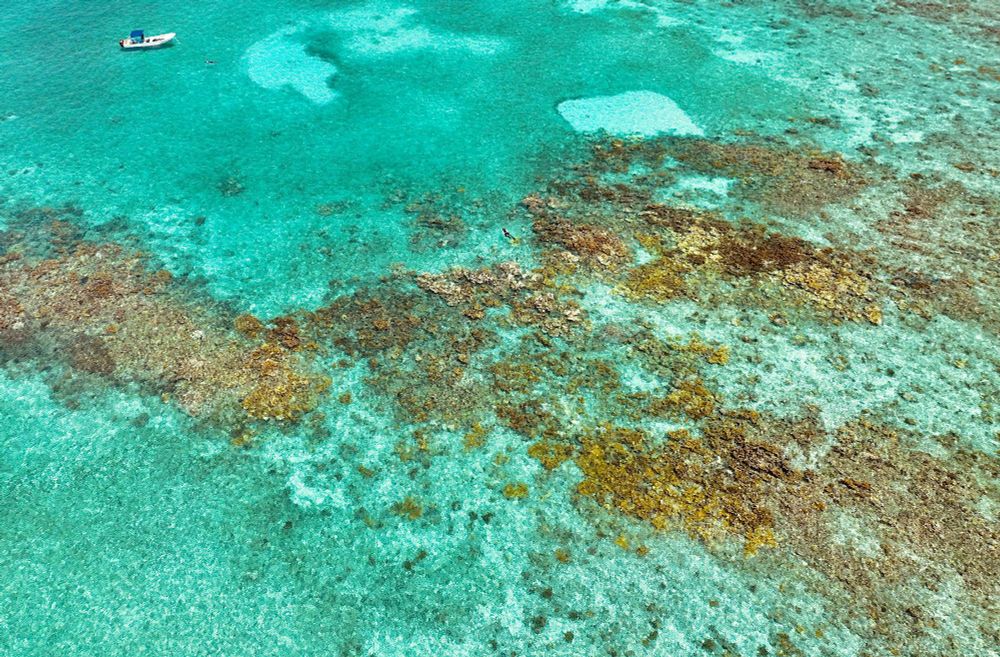
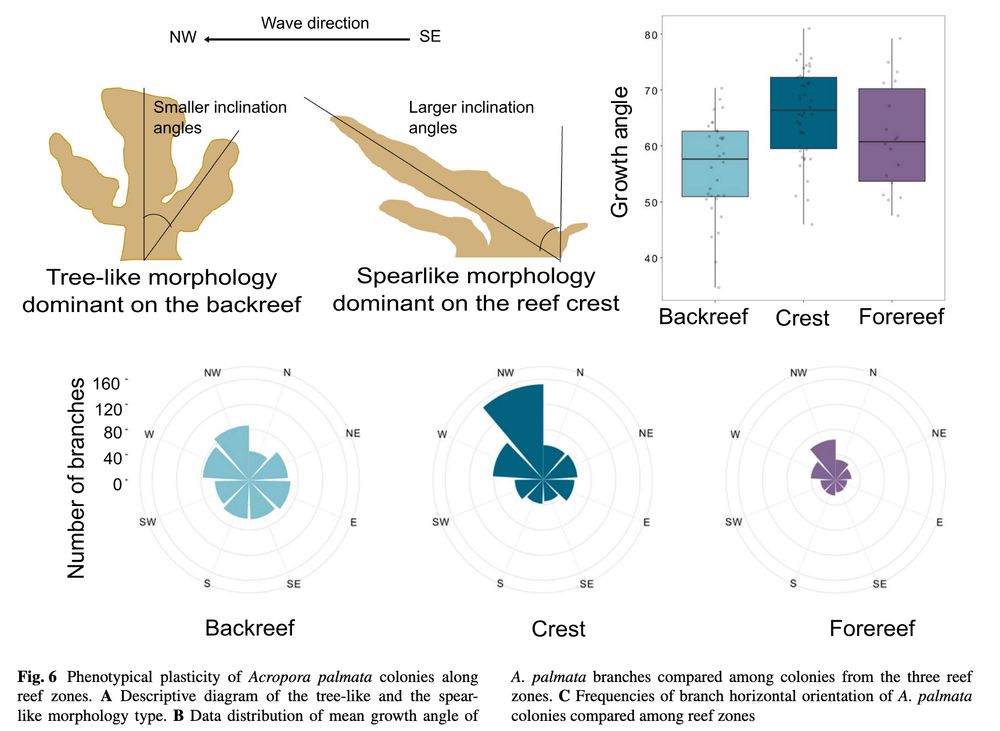
Reposted by: Lorenzo Álvarez‐Filip, Mónica Medina
phys.org/news/2025-04...
#coralreefs #coralreefresearch #coralrestoration #reefrestoration #coral #conservation #coralgardening #habitatrestoration #climatechange #marinebiology
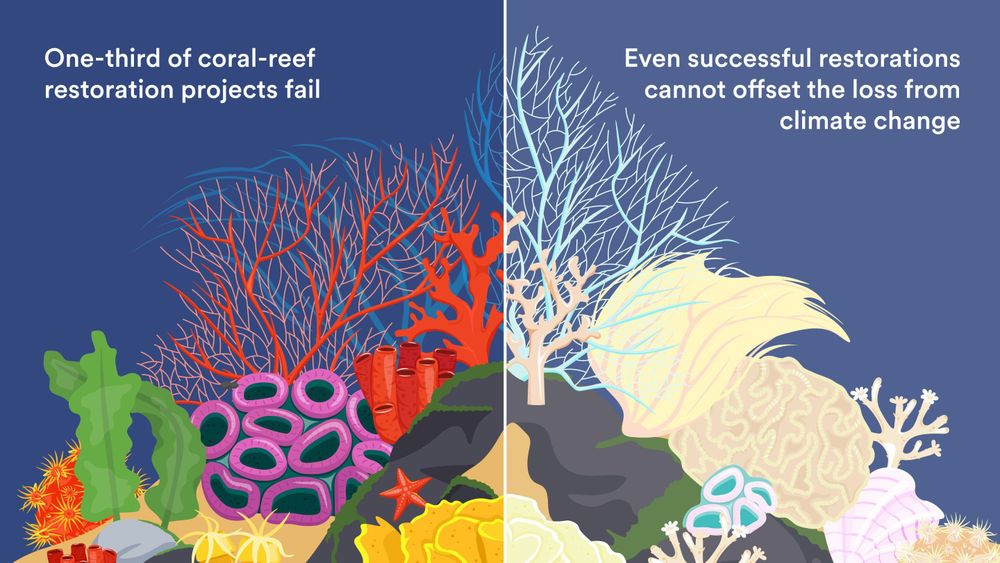
Reposted by: Lorenzo Álvarez‐Filip
A coral ‘rope’ nursery in the Maldives. Luca Saponari/University of Milan, CC BY-ND Corey J. A. Bradshaw, Flinders University; Clelia Mulà, The University of Western Australia, and Giovanni Strona, University of Helsinki Coral reefs are…
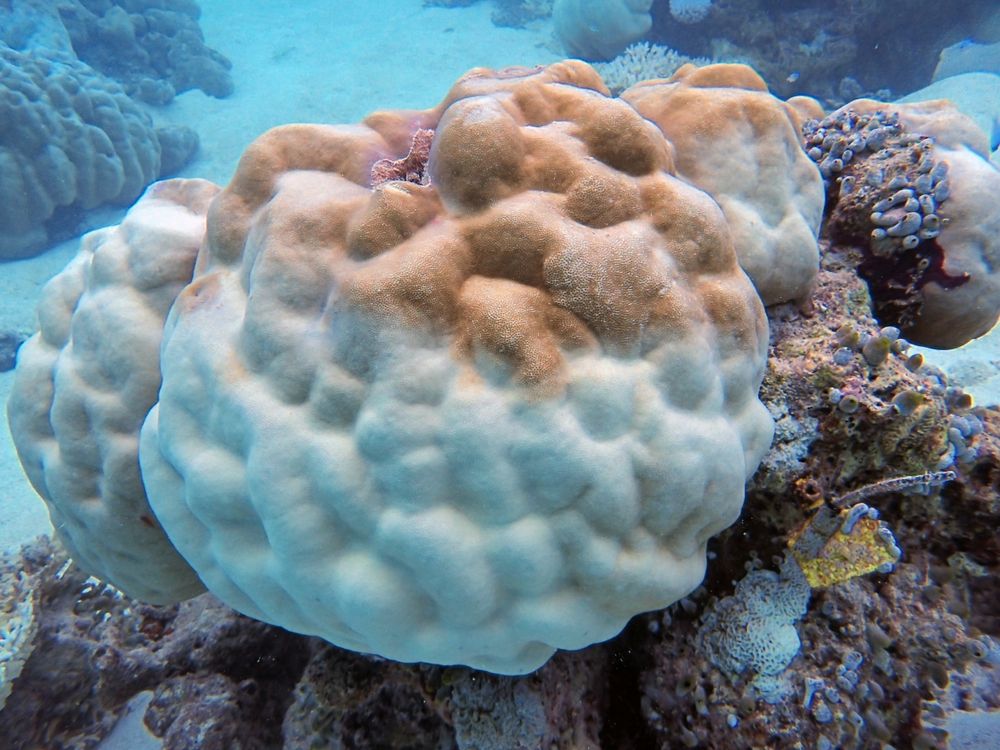
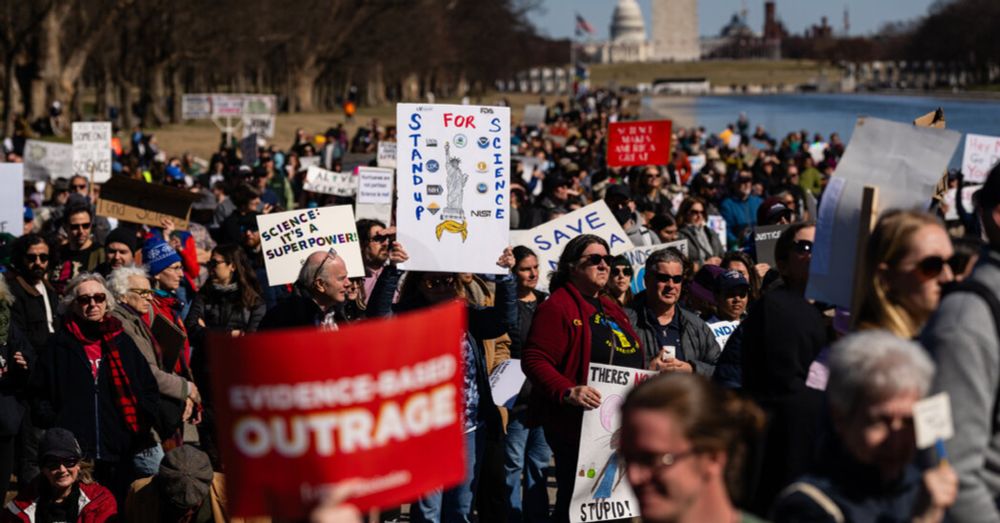
Reposted by: Lorenzo Álvarez‐Filip
Reposted by: Lorenzo Álvarez‐Filip
By ending Spanish-language communications, the White House ignores U.S. demographics: buff.ly/pTDH2iR
